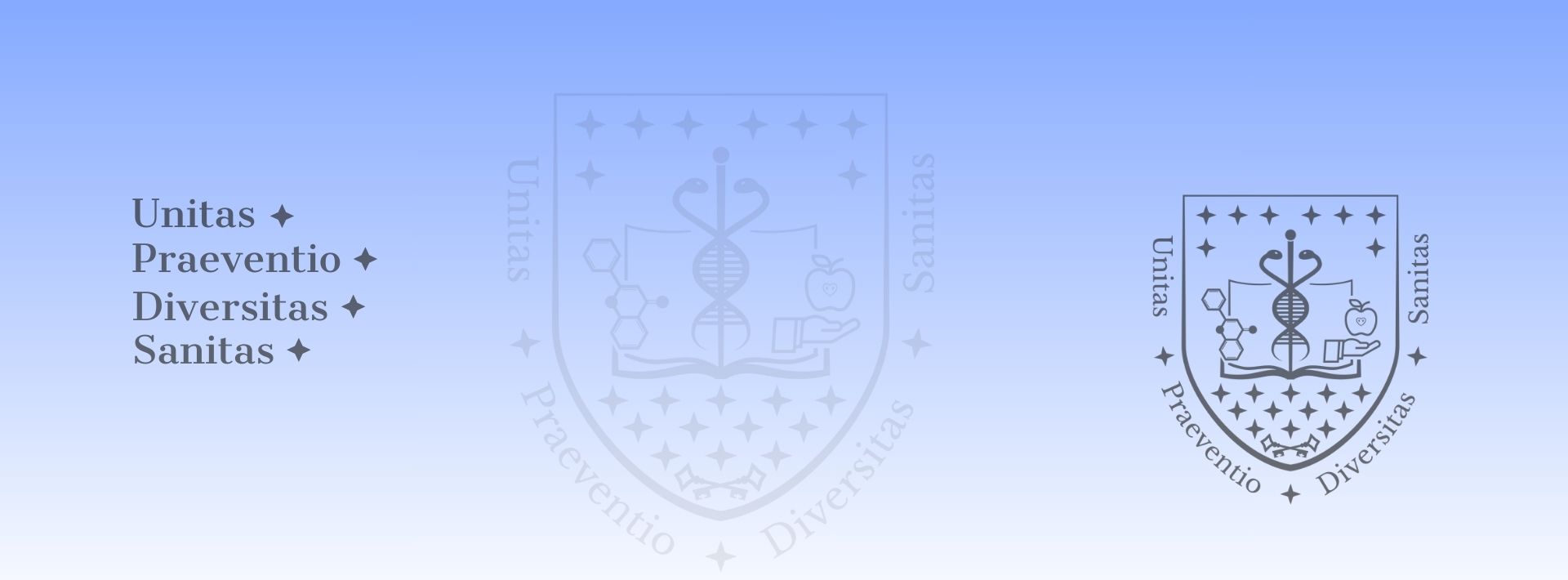Data
Official data in SubjectManager for the following academic year: 2024-2025
Course director
-
Varga Csaba (Népeg)
professor,
Department of Public Health Medicine -
Number of hours/semester
lectures: 12 hours
practices: 0 hours
seminars: 0 hours
total of: 12 hours
Subject data
- Code of subject: OSF-OMC-T
- 1 kredit
- Dentistry
- Optional modul
- spring
-
Course headcount limitations
min. 5 – max. 30
Available as Campus course for . Campus-karok: ÁOK GYTK
Topic
Conservation medicine is an emerging discipline, focussing on the intersection of ecosystem health, animal health, and human health. Work in the biomedical and veterinary sciences is now being folded into conservation biology; to explore the connections between animal and human health; trace the environmental sources of pathogens and pollutants; develop an understanding of the ecological causes of changes in human and animal health; and understand the consequences of diseases to populations and ecological communities. Conservation Medicine defines this new discipline.
Course will provide a framework to examine the connections between the health of the planet and the health of all species and challenge students in the health sciences and natural sciences to think about new, collaborative ways to address ecological health concerns.
Lectures
- 1. What is Conservation Medicine? It examines ecological health issues from various standpoints, including the emergence and resurgence of infectious disease agents; the increasing impacts of toxic chemicals and hazardous substances; and the health implications of habitat fragmentation and degradation and loss of biodiversity. - Varga Csaba (Népeg)
- 2. How do waves of infections accompany periods of social and environmental transitions? (influenza: WWI, plague: Middle Ages) - Varga Csaba (Népeg)
- 3. Tuberculosis, smallpox and cholera appeared in concert among the teeming urban centres of Charles Dickens’s 19th England. - Varga Csaba (Népeg)
- 4. Domestication of animals triggered spill-over of animal microorganisms. - Varga Csaba (Népeg)
- 5. Health, political and economic impact of BSE epidemic in Britain. - Varga Csaba (Népeg)
- 6. Climate change and emerging infectious diseases. - Varga Csaba (Népeg)
- 7. Emerging diseases can cause extinction of endangered species. - Varga Csaba (Népeg)
- 8. Emerging diseases alter the ratios of predators, prey, competitors and recyclers necessary for healthy ecosystems. - Varga Csaba (Népeg)
- 9. Emerging diseases alter habitat already threatened by fragmentation and global climate change. - Varga Csaba (Népeg)
- 10. Sociology, economics, and politics: these disciplines prominently influence and are influenced by human behaviour, which shapes our environment, which then shapes our health. - Varga Csaba (Népeg)
- 11. Sustainability is just another word for health. - Varga Csaba (Népeg)
- 12. Microbial adaptation: pathogens jumping from wildlife to humans. People are vulnerable to at least 1415 species of infectious organisms. - Varga Csaba (Népeg)
Practices
Seminars
Reading material
Obligatory literature
Literature developed by the Department
Notes
Recommended literature
Aguierre A. A. et al.: Conservation Medicine
Conditions for acceptance of the semester
-
Mid-term exams
Testing at the end of the course
Making up for missed classes
-
Exam topics/questions
-
